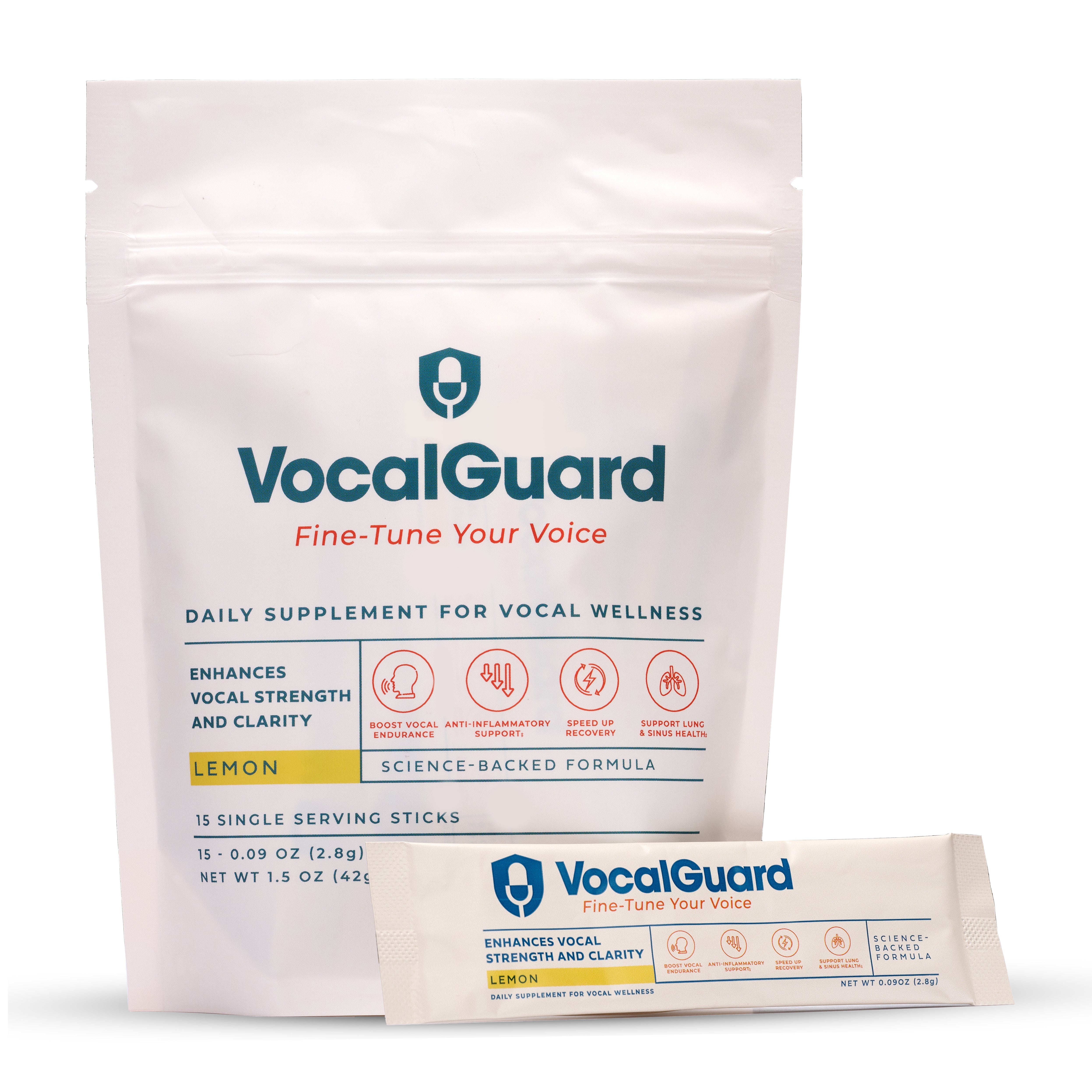Auditioning for singing jobs can be a nerve-wracking experience for singers at any stage of their singing career. Whether you're just starting out or have already been performing at a high level, it's always challenging to showcase your vocal talents in front of a panel of casting directors. However, with some tried-and-true strategies, you can dramatically improve your singing audition experience and increase your chances of landing those coveted singing gigs. In this comprehensive guide, we'll delve into valuable techniques and insider tips that will empower you to shine during your next vocal audition.
Preparation is Key to a Successful Audition
One of the most important tips for singers is to be well-prepared for singing auditions. This entails not only selecting the perfect audition song to showcase your vocal abilities and style but also devoting ample time to rehearsing the chosen songs. It's advisable to choose songs that you genuinely enjoy and can deliver with confidence. Moreover, it's wise to have backup audition songs in case of last-minute changes or unforeseen challenges. Sometimes, casting directors may request something that showcases your voice differently. Anticipate these possibilities and be prepared with alternative choices.
Research the Role
It is advantageous to have a comprehensive understanding of the show's history, including past performers and the management team. This demonstrates a genuine interest and commitment to aligning with the vision of the casting team. By being knowledgeable about the show's evolution and the individuals involved, you can showcase your dedication and enthusiasm for the project, setting yourself apart from other auditionees.
Understand the Audition Requirements
Before auditioning, take the time to carefully review the submission guidelines and familiarize yourself with any specific requirements or expectations set by the casting directors. Strive to meet those requirements precisely, as it will ensure you are well-prepared and able to present yourself in the best possible light during the audition. For instance, if the audition calls for a "60-second performance, rock preferred, belting necessary," then arriving prepared to sing a jazz tune or exceeding the requested time frame will indicate to the casting team that you may struggle with following instructions.
Choose your Audition Song
Every audition is unique. When selecting your audition material, it's important to choose pieces that not only showcase your strengths but also align with the preferences of the directors. Consider the specific requirements of each audition, as the expectations for a New York theater show will differ from those of American Idol auditions. By understanding the casting team's needs, you can feel confident in a song choice that demonstrates your strengths while meeting their criteria.
Reinforce Confidence Through Practice
Once you've selected your audition music, it's crucial to spend ample time practicing. Familiarize yourself with every note, lyric, and nuance of the song. This will not only boost your confidence but also allow you to perform with more emotion and authenticity. Make sure that you practice singing in the same manner as you would perform at the audition. This includes using a microphone if one will be used in the audition.
One effective method to prepare is to record yourself performing the song. Watching a recording of your performance allows you to evaluate your vocal techniques, stage presence, and overall delivery. It provides an opportunity to notice any areas of improvement that you might overlook otherwise. As painful as it can be to review your own performances, mock video auditions can serve as a crucial self-assessment tool.
Another useful approach is to take singing lessons. A vocal coach can provide constructive feedback and guidance, helping to refine your technique and enhance your performance. They can offer personalized advice based on your strengths and weaknesses, and provide invaluable insights into the audition process.
By combining personal practice on your music, mock video auditions, and working with a vocal coach, you will feel well-prepared and confident for your audition, giving you a higher chance of success as a singer.
Bring your Best Self
Arriving at the audition in your prime condition is crucial. In the weeks leading up to your audition, prioritize the well-being of your vocal cords by taking diligent care of your voice and warming up properly. This will help prevent vocal strain and allow you to showcase the best version of your voice.
This self care should encompass vocal exercises, mental preparedness, and overall bodily well-being. Remember to engage in comprehensive warm-ups before auditions, and to stay hydrated (Using a VocalMist Portable Nebulizer can help here). By doing so, you'll feel composed, collected, and fully present for your performance.
Be Professional and Personable
Your attitude in the audition room can significantly impact the outcome of your auditions, regardless of talent. Before you start singing, always introduce yourself confidently and have a pleasant demeanor when interacting with the casting directors. Ensure that you arrive early, pay attention to your body language, and maintain eye contact during introductions and discussions. Providing a positive and welcoming atmosphere can help you build a strong rapport with the judges, ultimately supporting your vocal performance.
Master Your Nerves
Stage fright is a common challenge that many singers encounter during singing auditions. If you feel nervous, consider conducting mock auditions with trusted friends or even livestreaming on a platform with minimal viewership. The more you expose yourself to these situations, the more your subconscious will realize that your fear is unnecessary, and you will slowly start to feel it strip away. Deep breathing exercises, visualization techniques, and positive affirmations are also valuable tools for maintaining composure and effectively managing stage fright during the actual audition.
Make No Excuses
The casting directors are not interested in hearing about your recent illness, breakup, or any issue affecting your performance. Leave your personal history at the door and approach the audition with the respect it deserves. If a director inquires further, feel free to explain as you see fit. However, it is important to avoid compulsively trying to justify any issues with your audition. Displaying professionalism is crucial for success in the industry.
Leave a Lasting Impression
Remember that the moment you step into the audition room, you are being evaluated. Dress appropriately to avoid wearing anything too distracting or overly flashy that might take away from your overall performance. Ultimately, you want the directors to visualize you fitting seamlessly into the fabric of their production. Perform to the best of your ability, thank the panel for their time and consideration, and exit the room gracefully. This will ensure that you are remembered positively by the judges and increase your chances of being called back for the next round of auditions.
Conclusion
By coming prepared, understanding the audition requirements, dressing the part, warming up properly, maintaining a professional and personable demeanor, mastering your nerves, and leaving a lasting impression, you'll set yourself up for success during your next audition. In the meantime, keeping yourself in top vocal shape is a necessity - and VocalMist is here to help.
Keep honing your skills, stay positive, and continue to put your best foot forward – your passion for singing is sure to grab the spotlight soon!







2 commentaires
I would love to become a singer
Hola me interesa ser cantante he prácticado mucho
Laissez un commentaire